Facebook’s restrictive policies meant to regain narrative control: Analyst
The restrictive policies of social media platforms like Facebook are imposed in an attempt to regain narrative control and prevent access to truthful information, says an analyst.
“I think social media companies… no longer believe they can control the narrative around certain events both domestic and foreign… On social media, [it has] traditionally been easier for people to talk back to officials who might peddle obvious falsehoods. And so this has been easier for people to have sort of this moment to challenge official narratives,” Brianna Griffith, producer and host of the People's Republic Austin radio program said in an interview with Press TV on Wednesday.
“And so I see this attempt by social media to try and have it both ways, to, on the one hand, control the outflow of information like a publisher, and then kind of pretend to be a neutral arbiter on the other as part of this last-ditch attempt to control the narrative around world events as essentially the narrative slipped out of their control,” she added.
The remarks came a few days after Facebook informed Press TV, without any prior warning, that its account had been shut down for what it claimed to be the Iranian news channel’s failure to follow the company’s “community standards.” The account was restored days later.
Griffith said one consequence of such a move is that it keeps people from getting access to desperately-needed information, especially from outside their own borders.
“The US, for instance, has unilaterally escalated tensions and engaged in economic or irregular warfare in so much of the world; and to justify this, there’s always this US corporate media lockstep that is thoroughly demonized or censored voices coming out of the countries under US attack,” she said.
Griffith said social media companies have traditionally operated “above the law” in many ways, adding that it is very hard to tie them down to any sort of accountability as long as they censor any opinion that runs counter to the Western narrative.
She said there is certainly “a level of control and inaction” that allows social media corporations to step in and determine what thought is acceptable and what is not, adding that such control opens the door to a sort of state funding and state support.
The analyst said social media platforms have traditionally been all too happy already to work with the United States as well as other Western states in order to put out narratives “that are friendly to all of those parties.”
Griffith further said Washington is seeking to marginalize all sorts of opposing voices by proposing a bill called the Platform Accountability and Consumer Transparency Act to the Congress, stressing that it is absolutely crucial that Americans be able to hear those voices.
However, she said, it doesn’t seem like anyone within the US policy establishment is interested in making sure that those opposing voices are heard, especially that of Iranians, as Washington continues to escalate tensions and economic warfare against Iran.
“So I think it’s going to be absolutely crucial for people to speak up and demand a truly free flow of information where people can hear all sides of these issues,” Griffith said.
Press TV has repeatedly fallen victim to censorship not just on Facebook but on multiple other platforms, including Twitter and Instagram.
Iran’s Army and IRGC destroy seven more Hermes, MQ-9 drones in retaliatory ops
'Iran no place for Hell dwellers': Iran’s security chief warns against ground offensive
Unpacking glaring contradictions in US-Zionist justifications for war against Iran
Lavrov: Russia 'will do everything’ to make US-Israeli aggression against Iran ‘impossible’
Iranian nation resolved to make criminals pay for blood of martyrs: Shiraz Jews
Iran slams US-Israeli attack on Tehran's 12,000-seat Azadi sports complex as war crime
Death toll from US-Israeli aggression against Iran crosses 1,200
Iran won't stop its retaliation until the aggressor is punished: Speaker Ghalibaf


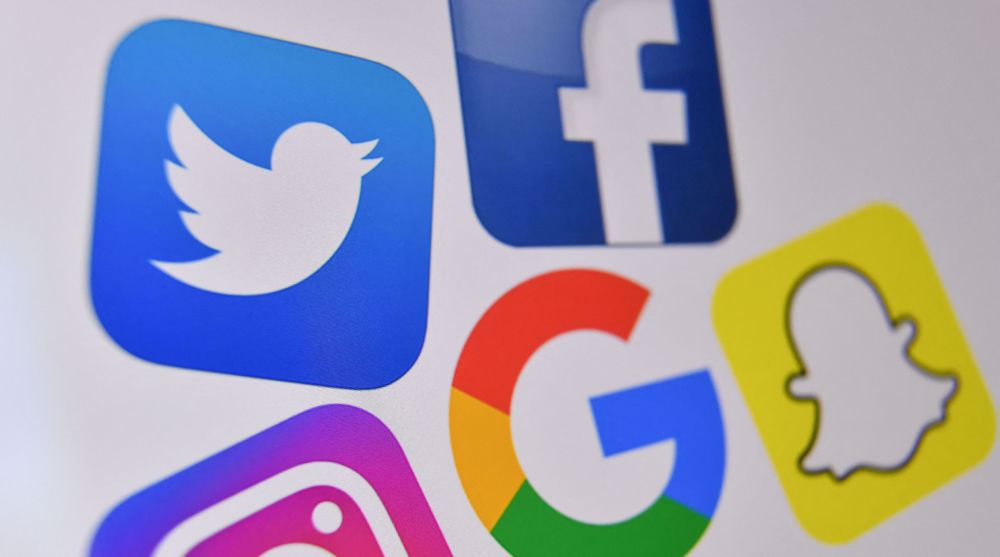
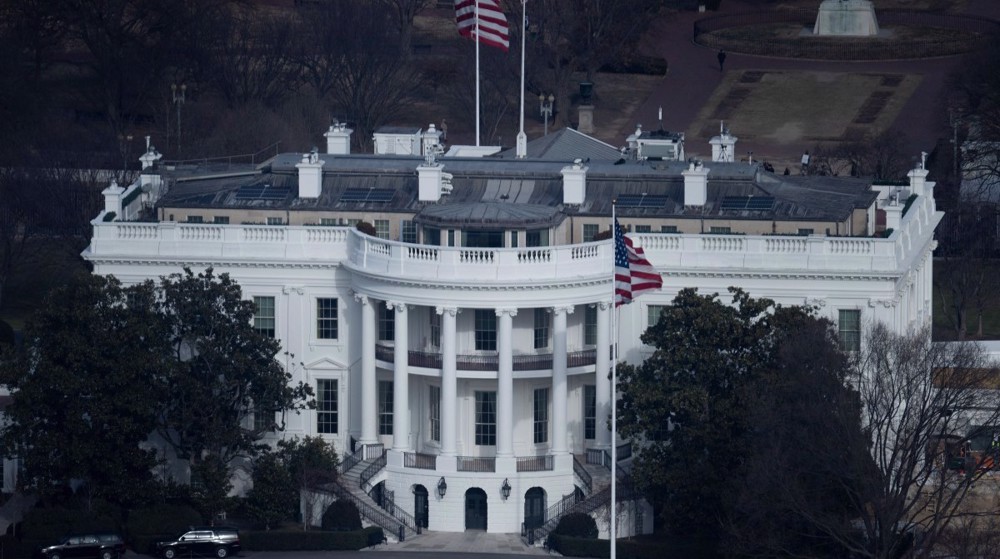

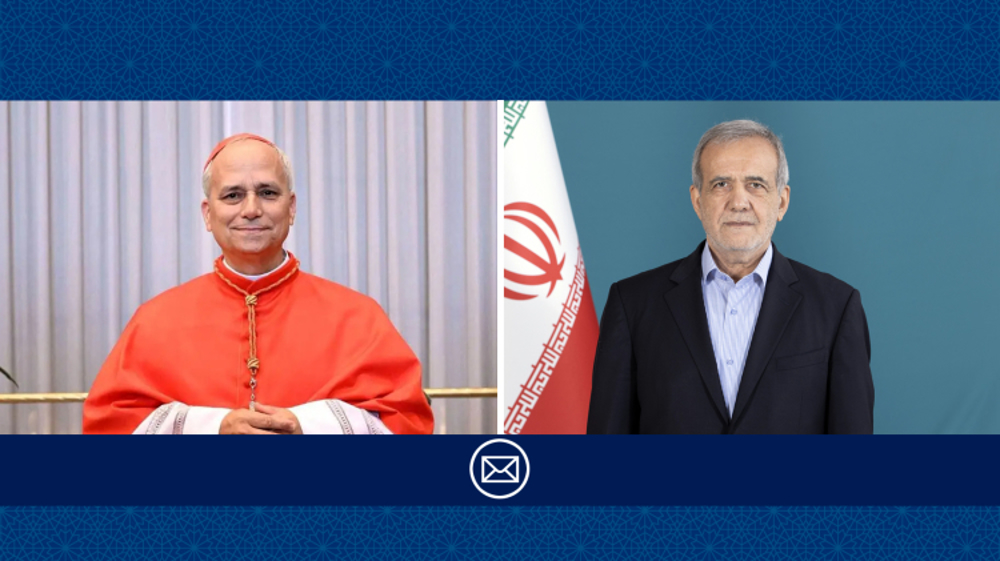



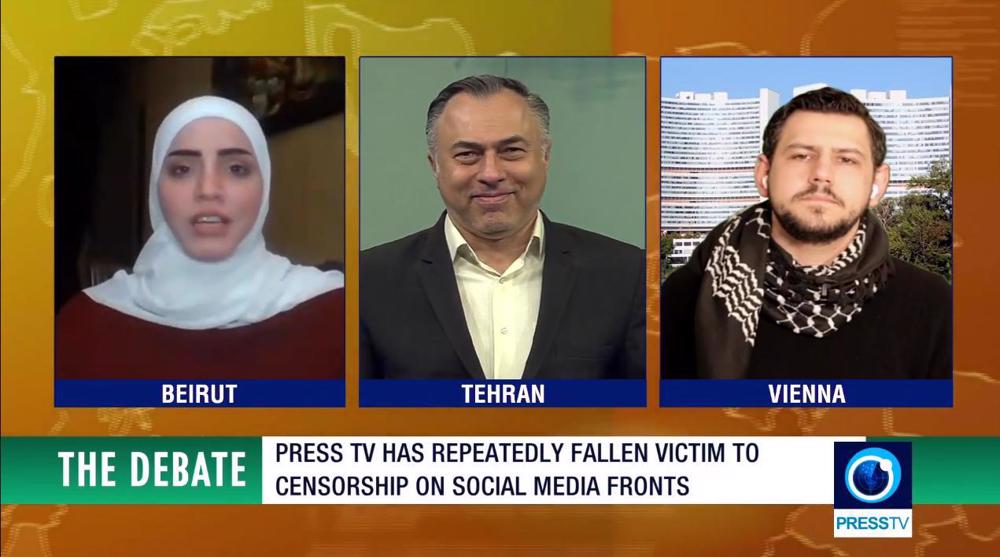
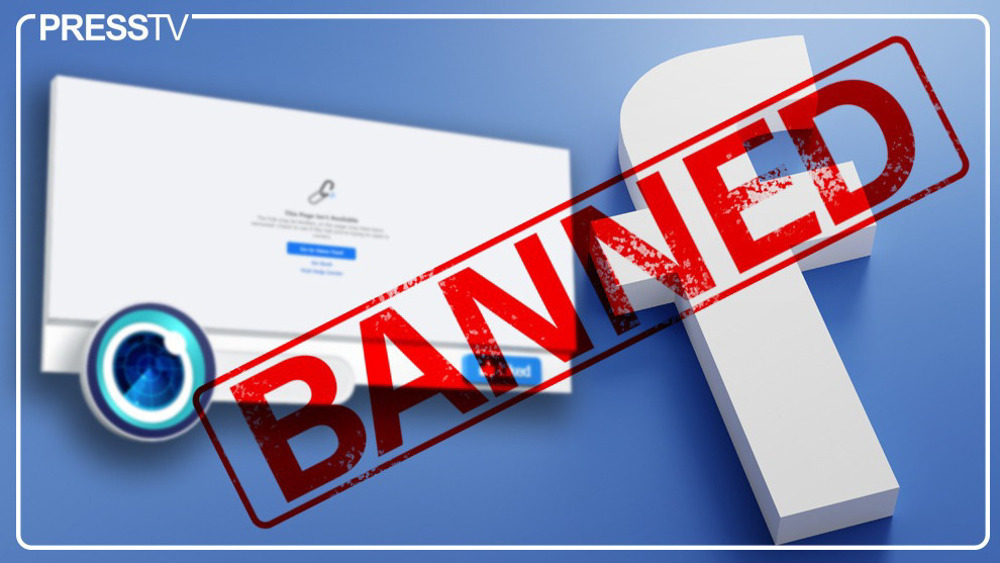
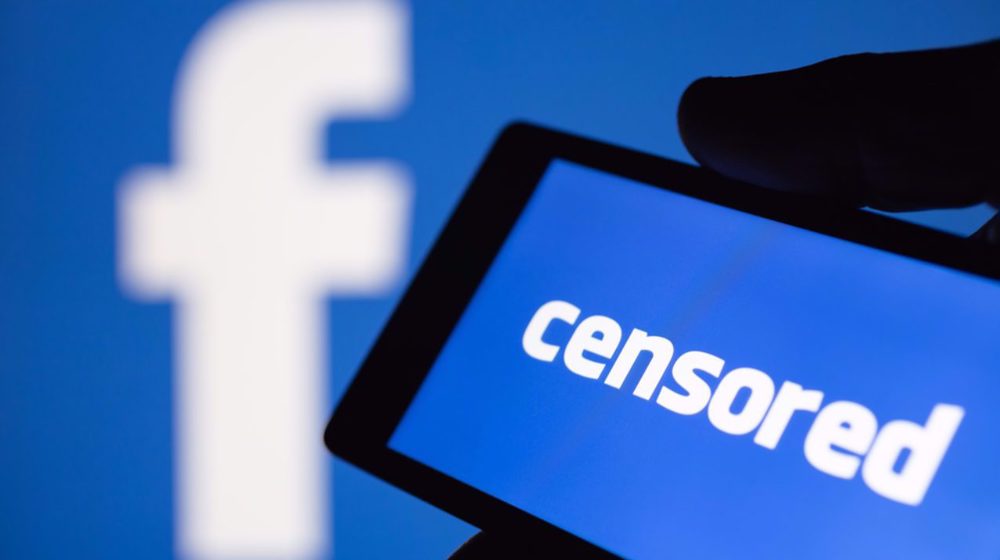
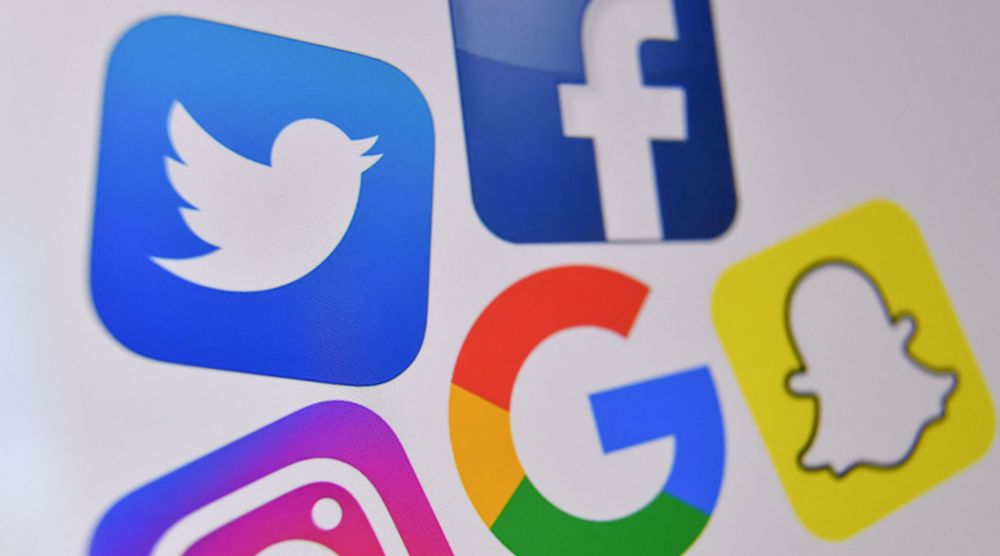

 This makes it easy to access the Press TV website
This makes it easy to access the Press TV website